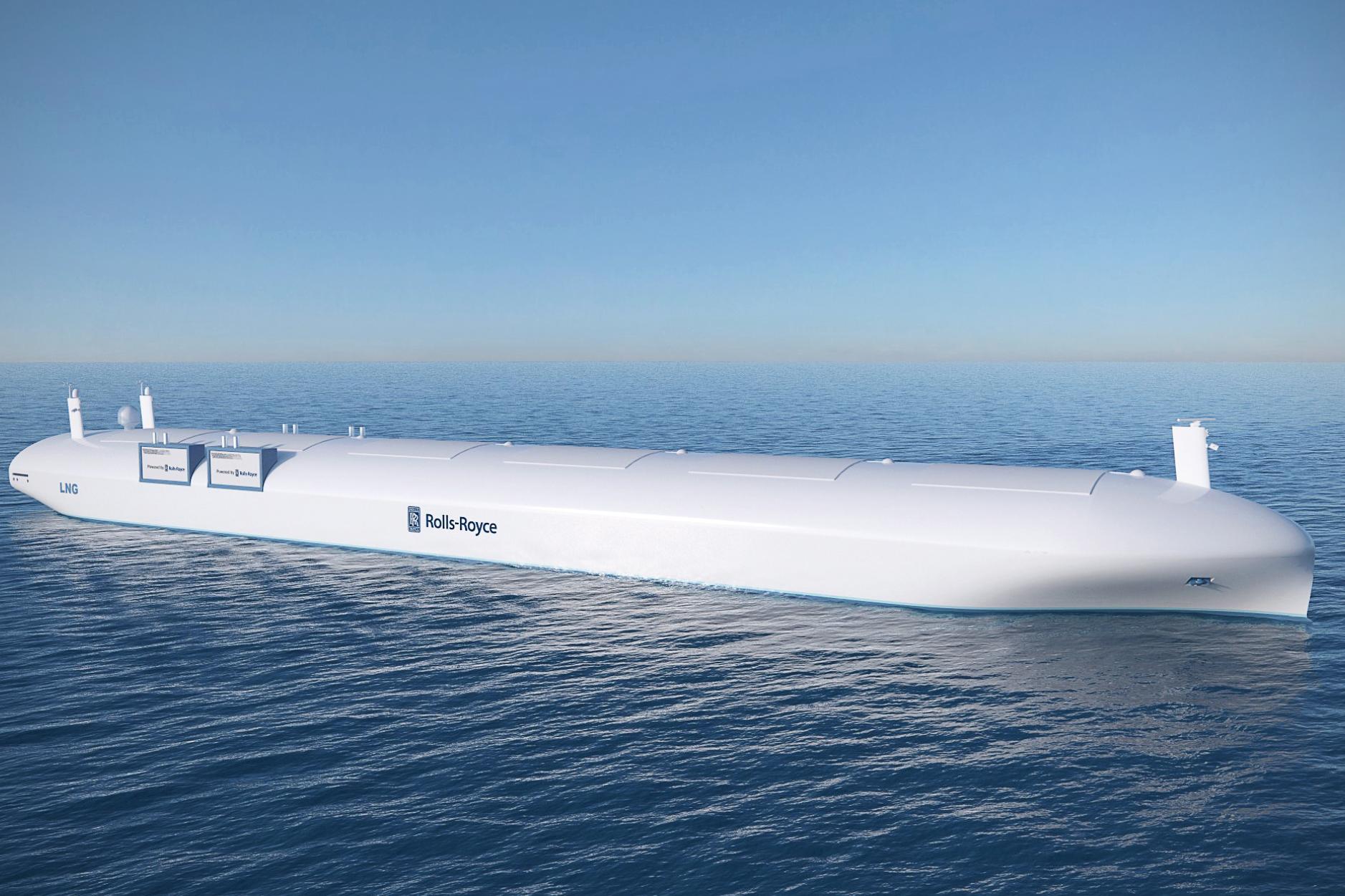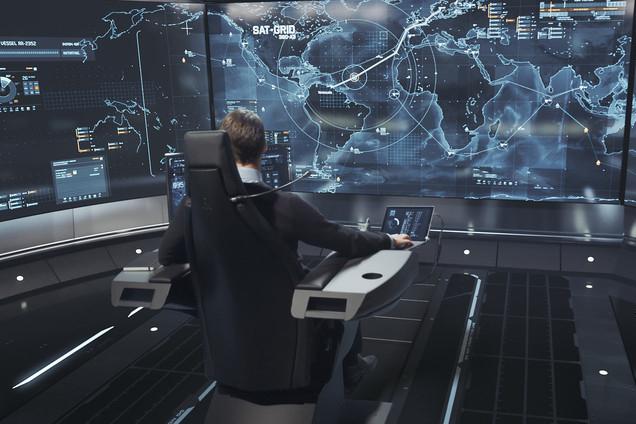Unmanned 'ghost' ships are coming
It’s not all plain sailing when it comes to autonomous ships – they could make accidents at sea more severe and even end up being more expensive to run

Your support helps us to tell the story
From reproductive rights to climate change to Big Tech, The Independent is on the ground when the story is developing. Whether it's investigating the financials of Elon Musk's pro-Trump PAC or producing our latest documentary, 'The A Word', which shines a light on the American women fighting for reproductive rights, we know how important it is to parse out the facts from the messaging.
At such a critical moment in US history, we need reporters on the ground. Your donation allows us to keep sending journalists to speak to both sides of the story.
The Independent is trusted by Americans across the entire political spectrum. And unlike many other quality news outlets, we choose not to lock Americans out of our reporting and analysis with paywalls. We believe quality journalism should be available to everyone, paid for by those who can afford it.
Your support makes all the difference.The Yara Birkeland isn’t an ordinary cargo ship. If all goes well, the vessel, currently being built for a Norwegian agricultural fertiliser company, will become the world’s first fully autonomous cargo ship when it launches in 2020.
Current international shipping law states that ocean-going vessels must be properly crewed, so fully autonomous, unmanned ships aren’t allowed in international waters. As such, the Yara Birkeland will have to operate close to the Norweigan coast at all times, carrying out regular short journeys between three ports in the south of the country.
But change is afoot in the maritime sector, and earlier this year the UN’s International Maritime Organisation (IMO) began discussions that could allow unmanned ships to operate across oceans. This raises the prospect of crewless “ghost” ships crisscrossing the ocean, with the potential for cheaper shipping with fewer accidents.
Several Japanese shipping firms, for example, are reportedly investing hundreds of millions of dollars in the technology. And British firm Rolls-Royce demonstrated the world’s first remote-controlled unmanned commercial ship earlier this year.
However, removing experienced crew from ships means that any accidents that do occur could be far more severe. On top of this, many practical, regulatory and technological barriers remain in turning the world’s cargo ships into a fully autonomous fleet, and that could mean it’s a long time before it’s actually profitable to invest in the technology.
The IMO’s Maritime Safety Committee sat for the 98th time in June 2017, starting discussions that may well lead to a change in the rules set by the International Convention for the Safety of Life at Sea. But indications are that it is likely to be a long and complex process. The issues relating to the safety and economics of unmanned ships have barely started to be considered. A lot of work will need to be done before solutions are found, or agreements are reached.
Fewer accidents?
One of the biggest issues is the safety of solely relying on computers to operate ships over vast ocean distances. Some think that autonomous ships would have fewer accidents because the majority of maritime accidents involve collisions or groundings, caused by humans. In its 2016 annual overview, the European Maritime Safety Agency found that 62% of the 880 accidents occurring globally (2011-2015) were caused by “human erroneous action”.
If we accept that autonomous vessels might be navigated without making the same mistakes as a human crew, then the statistics do seem to stack up. But things are actually much more complex than that.

A study from March 2017 analysed 100 accidents that occurred from 1999 to 2015. The researchers attempted to assess whether the accidents would have been more or less likely to happen if the vessel had been unmanned. They found that the likelihood of groundings or collisions might have been decreased significantly if those vessels had been unmanned.
But they also identified that where accidents do happen, the consequences may become more severe without a crew to intervene. In particular, accidents involving fires may be more serious if there is no crew to act as firefighters. This means it’s far from clear that the overall risk from accidents would decrease significantly if ships were unmanned, although there is certainly a case to be made that there will be fewer.
The operators of cargo ships will also only adopt unmanned ships if they offer economic benefits. If profit margins can be increased, then the return on investment of buying and operating a ship may be attractive. The full picture is, again, complex. A recent study reviewing the potential economic benefits of unmanned ships found that there are indeed savings to be made, mainly related to crew pay, accommodation and utilities.
Unexpected costs
But some new costs will also be introduced, with a new workforce needed to do more family friendly shore-based jobs in operations centres. The cost of the new sensors and control systems required will also offset any potential savings. The study found that if potentially improved fuel efficiency is factored in then an unmanned bulk cargo carrier may be able to reduce the cost of carrying freight by around just 3.4%.
There is also a practical problem. The majority of ships operate on heavy fuel oil that is so thick and dirty that it must be heated and purified on board before use. The study found that it would be impractical to automate this process. If that is the case, then unmanned ships would need to operate using a more refined fuel such as marine-grade diesel oil. This would reverse the economic argument substantially, increasing the cost of transporting freight by as much as 14.8%.
As the Yara Birkeland starts her journey towards the status of the first fully autonomous ship, there will be lots of interest in how she fares. It feels inevitable that unmanned ships will come of age. But there are still plenty of problems that need to be solved before they become a mainstream choice for carriers.
Christian Matthews is the head of maritime technology at Liverpool John Moores University. This article was originally published on The Conversation (theconversation.com)
Subscribe to Independent Premium to bookmark this article
Want to bookmark your favourite articles and stories to read or reference later? Start your Independent Premium subscription today.
Join our commenting forum
Join thought-provoking conversations, follow other Independent readers and see their replies
Comments